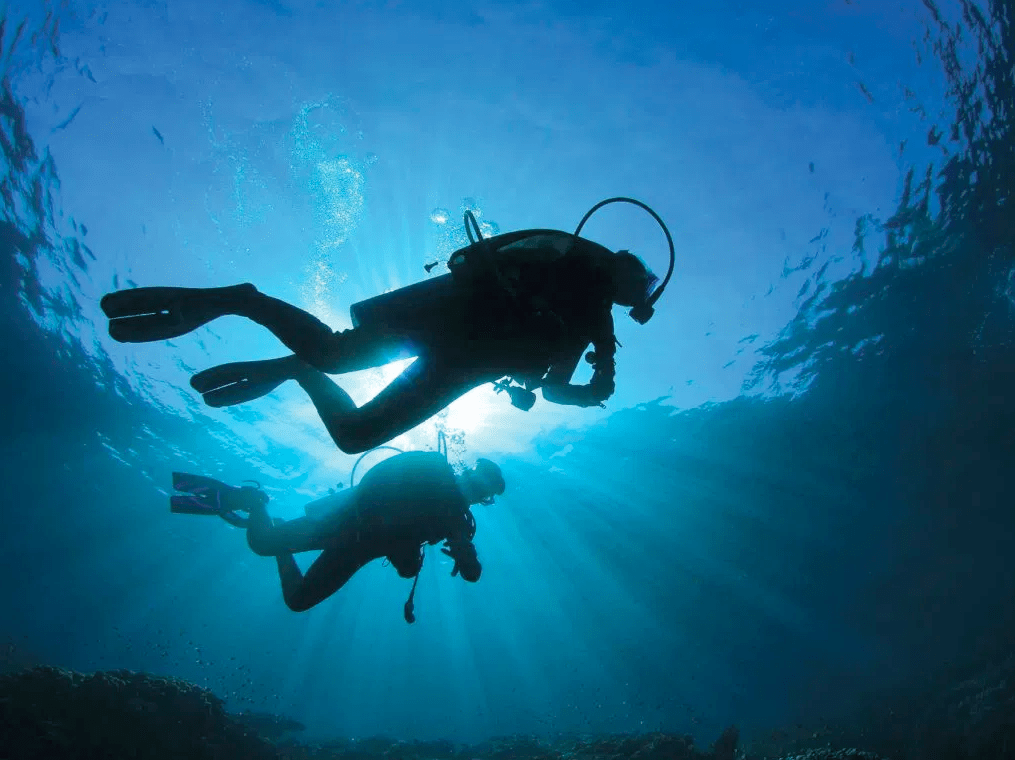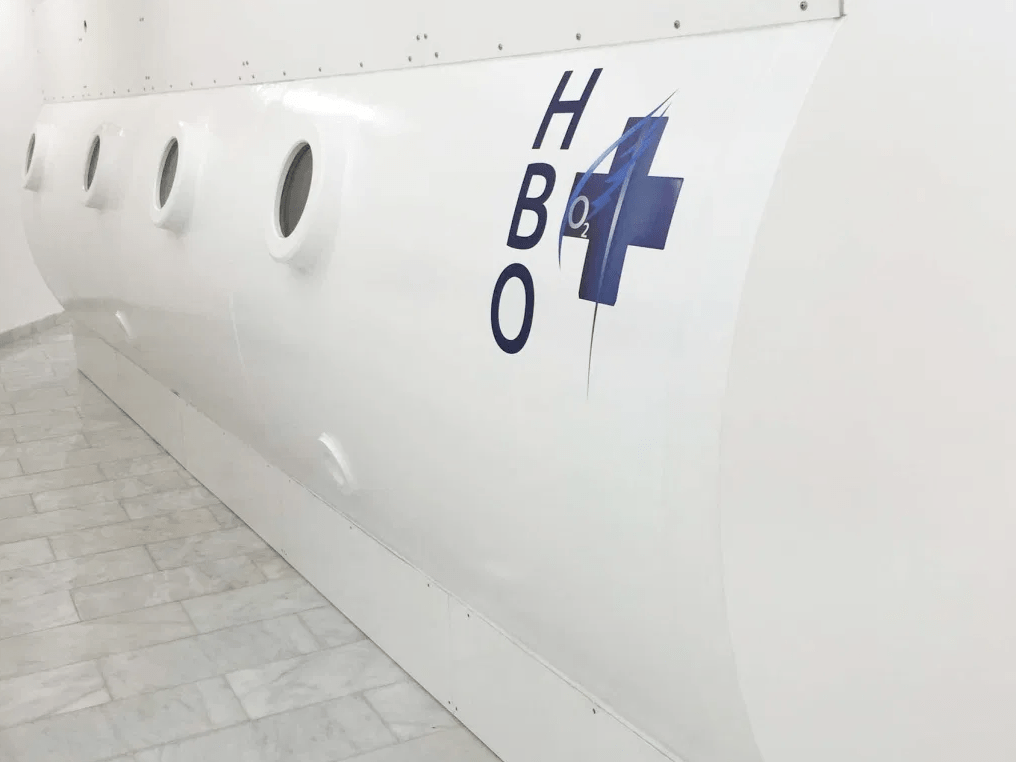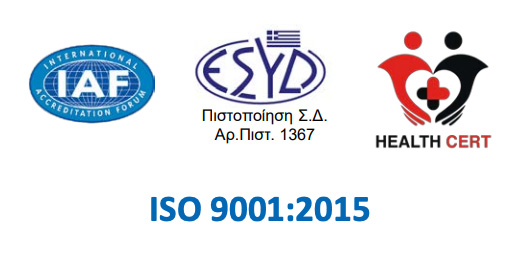Diving Medicine
Diving Medicine primarily studies, treats and monitors the nosology associated with Diving. Inert gas bubbles and the impending Diver Disease which is the trademark of Diving Medicine appear mainly in this type of diving. Free diving in extremely rare cases has been described as being associated with Diver Disease, in certain conditions, which are not what the average person (even high performance) dives. What makes the difference, however, is staying underwater by inhaling air. In this section, the term dive will refer to Scuba Diving.
Diving Medicine has known and is experiencing constant developments along with the evolution of diving. On the other hand, in recent decades the profile of the average diver has changed significantly.
And while the basic operation of the Depression Chambers and the therapeutic "tables" have changed a bit, the great heterogeneity of the population that dives today for leisure, makes the landscape very interesting. People who suffer from diseases that until a few years ago were considered prohibitive for diving can now dive. Configuration for some people of their diving activities is now possible with proper testing and monitoring. In addition we know factors in diving that positively or negatively affect health in the long run that mainly interest diving professionals.
Health and safety in diving above all of course. The people who should stay away from this so different sport should also be recognized. The study of problems or symptoms that used to get an answer from "you have a problem" to "you do not have a problem" while now they take counseling and diagnostic-therapeutic approach is a fact. Appropriate educational training of divers and the variety of diagnostic tools, as well as the spread of diving and Diving Medicine in our country beyond military and purely professional diving, have contributed significantly. Now, the growth and spread of diving tourism is the next leap. The presence of experts in this field has been crucial for all the above as well as for the most important chapter called the prevention of diving accidents.
Vassilios N. Kalentzos MD, MPH







